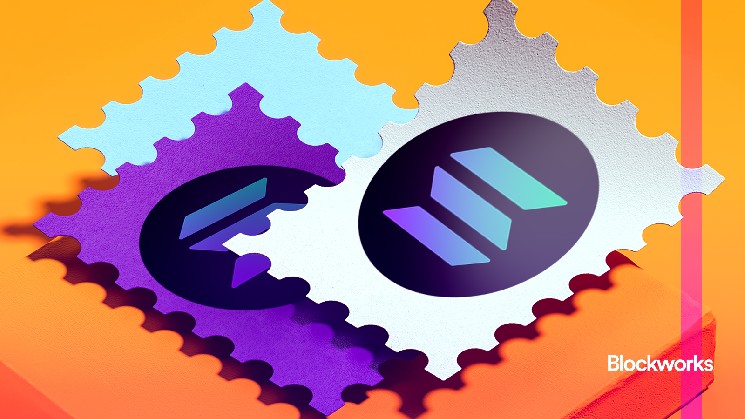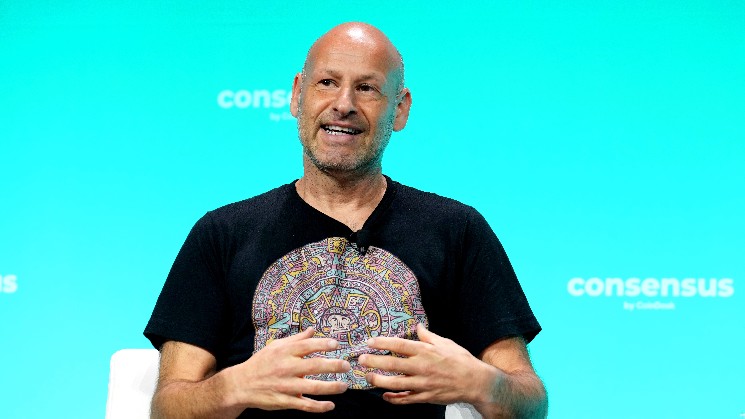Ram Kumar believes developers are drawn to on-chain artificial intelligence (AI) for its fresh technical puzzles, sustainable business models, and cultural significance. He advises aspiring builders to approach AI as a research project aimed at solving open challenges.
Beyond the Hype
Over the past few months, the AI sector has captivated the tech world, drawing significant mindshare and, notably, a noticeable migration of blockchain developers from decentralized finance (DeFi) to AI-centric projects. Beyond the initial hype and surging AI token prices, this shift signals a deeper evolution within Web3, driven by fresh technical challenges and AI’s undeniable cultural relevance.
Ram Kumar, a core contributor and co-founder at Openledger, a protocol focused on a “payable AI” economy, offers a compelling explanation for this exodus. “Developers today are now moving towards on-chain AI because it offers fresher technical puzzles, more sustainable and healthier business models, and an increased cultural relevance in the current era of AI,” Kumar stated.
While DeFi remains a foundational pillar of Web3, its journey toward widespread adoption has faced hurdles. “DeFi has plateaued in terms of continued breakthroughs with additional technical and regulatory challenges, with ever-thinning margins,” Kumar observed. This contrasts sharply with the burgeoning opportunities in AI.
He highlighted that “AI-centric topics like verifiable inference,>
The Real Cost of Regulation
Despite the relentless buzz surrounding AI and Web3, their fusion remains largely theoretical, with mainstream applications still lagging behind expectations. While discussions highlight their transformative potential, tangible implementations in everyday consumer or enterprise ecosystems are scarce.
In his written answers shared with Bitcoin.com News, Kumar identifies several key obstacles hindering the mainstream adoption of AI and Web3’s direct implementation. The first is the prohibitive expense involved in running large models on-chain, which can “cost ten to one hundred times more than off chain inference.” The lack of high-quality data on public blockchains also presents a challenge, as most valuable data currently resides off-chain.
According to Kumar, the current user experience is perceived as cumbersome, requiring individuals to manage multiple elements like crypto wallets and sometimes even GPU subscriptions. However, the Openledger co-founder is optimistic that breakthrough solutions are closer.
“Rollups and zero-knowledge coprocessors are poised to soon significantly cut costs, proofs of provenance will de-risk off chain data feeds, and wallet-native agents will hide complexity, but those frictions keep most deployments in the lab for now as the ecosystem continues to further develop and mature,” Kumar stated.
Growing concerns that AI, if left unregulated, could pose a danger to society has seen a number of countries enact laws or impose appropriate regulations. To illustrate, in 2024, some 31 states in the U.S. enacted AI-related laws, covering deepfakes, algorithmic bias, and transparency. In Europe, the AI Act, the first of its kind globally, imposes strict rules on high-risk AI applications.
Many innovation advocates insist such laws slow down the development of useful technologies. Kumar, however, goes further by framing regulation as a reactive force that eventually follows technology to ensure safety and fairness, but often with unintended consequences. He cites the European Union’s AI Act which, despite its good intentions, “may price startups out before they ever reach product market fit.”
When asked how he would do things differently from what many regulators have done so far, Kumar said:
“I would adopt a function-first taxonomy distinguishing payment, governance, and data access tokens, granting an eighteen- to twenty-four-month safe harbor period during which new networks are allowed to decentralize while publishing open telemetry.”
The Openledger co-founder told Bitcoin.com News that he would advocate for lighter regulations to incentivize open-source, safety-critical AI models that come with evaluation suites. This approach, he argues, promotes transparency and allows all stakeholders to safely address concerns, without compromising consumer protection.















Leave a Reply